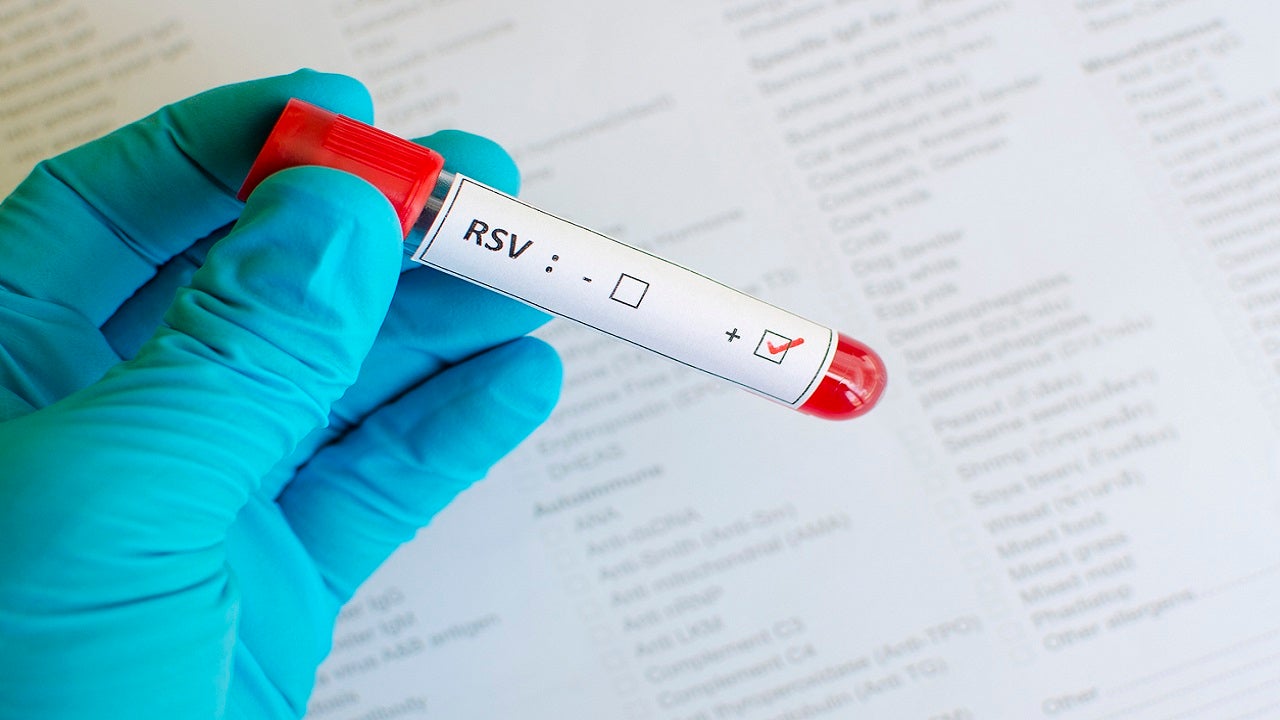healthy-living with low testosterone levels may be more likely to have severe infectious-disease a small new study suggests.
Previous analyses found that men tend to develop more severe COVID-19 compared with women, but it wasn’t clear why. On average, men produce much higher levels of testosterone than women do.
One theory held that high levels of testosterone may cause men to fare worse than women with COVID-19, according to a statement. But the new study’s findings refute that hypothesis.
QUICK GUIDE: COVID-19 VACCINES IN USE AND HOW THEY WORK
To understand the relationship between testosterone and COVID-19 severity, the researchers gathered blood samples from 90 men and 62 women who visited Barnes-Jewish Hospital in St. Louis with symptoms of COVID-19 and who subsequently tested positive for the virus.
THE 12 DEADLIEST VIRUSES ON EARTH
Of those patients, 143 were admitted to the hospital; the researchers took blood samples from the patients who were still hospitalized on the third, seventh, 14th and 28th day. The researchers then measured the patients’ levels of testosterone, a form of estrogen known as estradiol and a growth hormone known as insulin-like growth factor-1 (IGF-1).

Lower testosterone levels in men were also linked to higher levels of inflammation in the body.
(iStock)
In women, there was no link between the severity of COVID-19 and levels of any of the hormones measured.
COVID-19 VACCINE ‘EXTREMELY RARE’ ADVERSE EVENT UNDER STUDY: FAUCI
In men, IGF-1 and estrogen levels didn’t predict disease severity, but testosterone levels did. When admitted to the hospital, men with severe COVID-19 had an average testosterone level of 52 nanograms per deciliter (250 nanograms per deciliter or less is considered low testosterone in adult men), whereas those with less severe disease had an average of 151 nanograms per deciliter of testosterone. The researchers controlled for other known risk factors of severe COVID-19 including age, BMI, comorbidities, smoking and race. (Some of these factors are also linked with lower testosterone levels).
11 SOMETIMES DEADLY DISEASES THAT HOPPED ACROSS SPECIES
On the third day of hospitalization, the average testosterone level of men with severe COVID-19 had dropped to 19 nanograms per deciliter. A total of 37 of the admitted patients died during the study (25 were men).
Lower testosterone levels in men were also linked to higher levels of inflammation in the body.
“Those men with COVID-19 who were not severely ill initially, but had low testosterone levels, were likely to need intensive care or intubation over the next two or three days,” lead author Dr. Sandeep Dhindsa, an endocrinologist at Saint Louis University, said in the statement. “Lower testosterone levels seemed to predict which patients were likely to become very ill over the next few days.”
HALF OF US ADULTS TO BE FULLY VACCINATED AGAINST CORONAVIRUS, WHITE HOUSE SAYS
The team also found that, in men with lower testosterone levels, certain genes were activated that made it easier for the body to use the hormone. But the researchers don’t yet know what the implications of that adaptation is for the body and for disease severity, according to the statement.
It’s also not yet clear if testosterone levels drop due to severe COVID-19 or if lower levels of testosterone cause more severe COVID-19 in the first place, the authors wrote.
14 CORONAVIRUS MYTHS BUSTED BY SCIENCE
Doctors had not measured testosterone levels in these patients prior to their illness; it’s likely their testosterone levels had already dropped by the time they arrived at the hospital due to COVID-19, the authors wrote. But it’s also possible that the men who developed severe COVID-19 had lower-than-average testosterone levels prior to their illness, which may have resulted in decreased muscle mass and strength, and thus lower lung capacity and a higher risk of requiring ventilation, they wrote.
The data suggest that “caution should be practiced” with hormone therapy treatments that reduce testosterone levels or increase estrogen levels for men with COVID-19, the authors wrote.
They now hope to investigate whether there’s a link between these sex hormones and cardiovascular problems in people who develop lingering symptoms of COVID-19, also known as “long COVID-19,” according to the statement.
The findings were published May 25 in the journal JAMA Network Open.
Originally published on Live Science.









